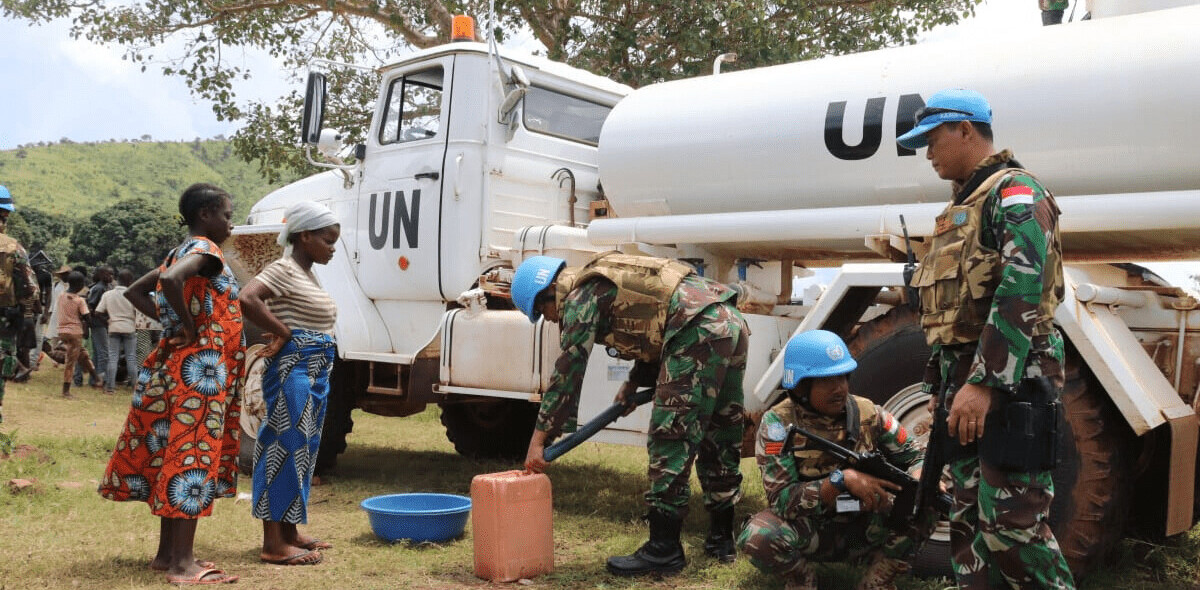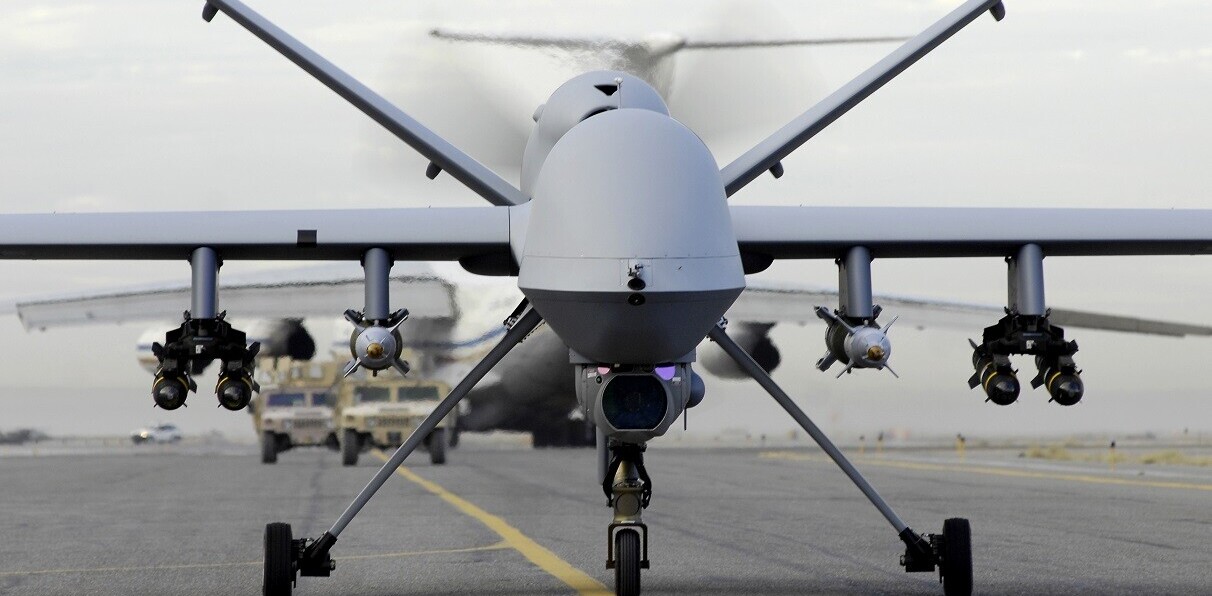
Smartphones have played an integral role in getting horrific footage out of Syria and into mainstream and online media, throughout a brutal crackdown, which has left thousands dead, injured, and imprisoned.
While the Syrian regime has not been able to completely stifle the flow of information, according to Bloomberg text messages in the Middle Eastern country are taking a hit, thanks to what appears to be software provided by a Dublin-based tech company.
According to Bloomberg, any text messages containing sensitive terms including ‘revolution’ and ‘demonstration’ are literally being censored, and the messages don’t get to the recipient. Other words that haven’t seen the light of day thanks to the filtering system include massacres, dignity, Friday prayers, Syrian men, and even full phrases inviting recipients to participate in demonstrations.
At the bidding of the authoritative regime, Syriatel Mobile Telecom, Syria’s main mobile phone operator is said to be using equipment that was provided by a private company based in Ireland, Cellusys.
The system provided by Cellusys provides a firewall and anti-spam measures for SMS, but it would seem that Syria has found far more sinister uses for the software.
The system has been in place since 2008, but now, 4 years later, it has come to light just how placing seemingly harmless software or systems in the wrong hands can lead to disastrous consequences.
Cellusys is not the only Irish firm which has had its name dragged into the Syrian arena. Dublin-based AdaptiveMobile Security is reported to have provided mobile operator MTN Syria with a filtering system as well.
For its part, Cellusys told Bloomberg that its workers have not been to Syria since 2009, and that the company is unaware of how the system is being used by the regime. AdaptiveMobile Security, while keeping quiet on the topic, has had its name come up in connection with sales made in Iran in 2009,for a system that filters and stores text messages.
In Egypt, cutting off the Internet and mobile networks came at a huge cost, one which continues to haunt the Internet Service Providers and mobile operators, and it seems that other governments are learning from the Mubarak regime’s mistakes.
In Bahrain, Internet speeds are throttled rendering many online activist tools useless, while in Syria, filtering text messages is the tool du jour.
A pattern has emerged across the Middle East, where western tech firms are reportedly more than happy to place their software in the hands of known dictatorships, whether in Tunisia, Bahrain, Libya and beyond, and some have even given them discounts to boot.
The question that remains is should these companies be held culpable? Are they placing systems in the hands of autocratic regimes with the knowledge that these systems can be used for other purposes, or are they simply finding themselves caught in the crossfire?
Let us know what you think in the comments.
We have contacted Cellusys and Adaptive Mobile Security for comment, and will update the story when we receive a reply.
Get the TNW newsletter
Get the most important tech news in your inbox each week.





